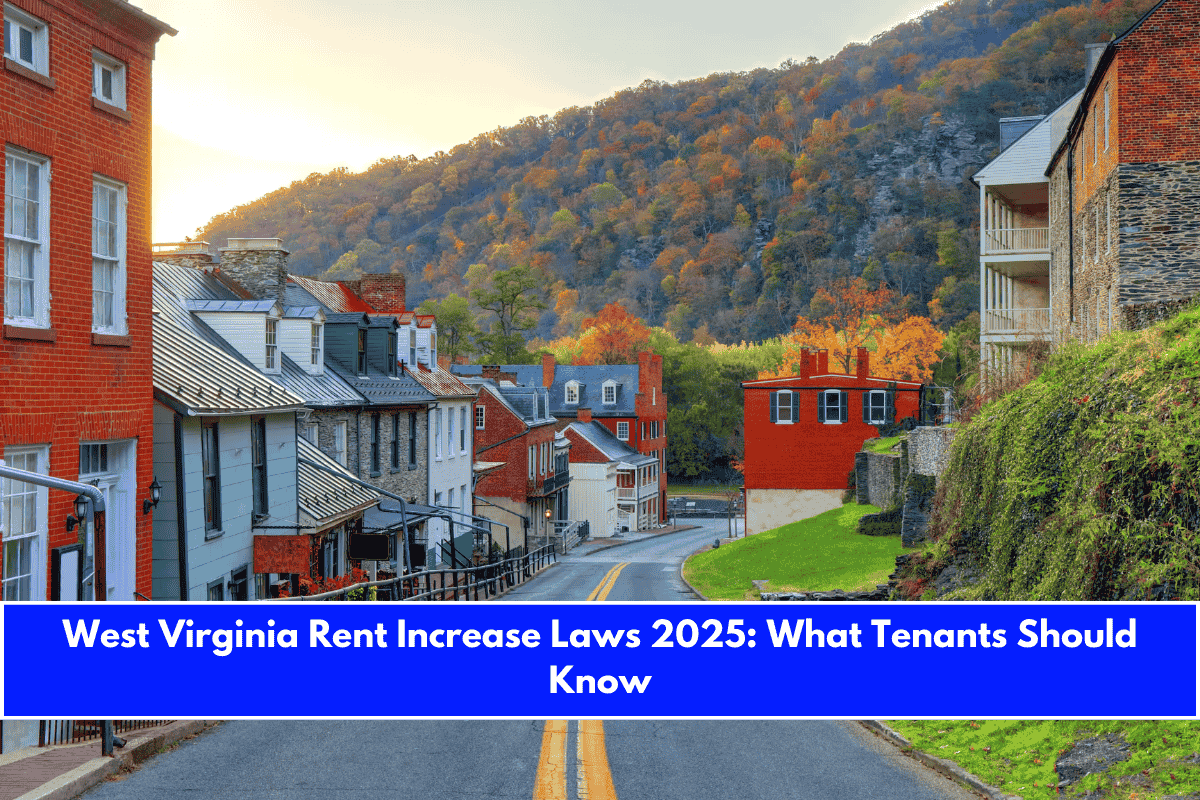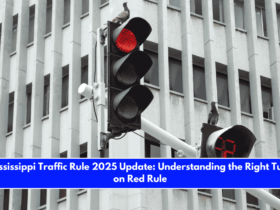As a tenant in West Virginia, understanding how and when your landlord can raise your rent is crucial—especially with no statewide rent control in place. Here’s what you need to know about rent increases in 2025.
No Rent Control or Cap on Increases
- No rent control: West Virginia does not have any state or local rent control laws. This means there is no legal cap on how much a landlord can increase your rent, regardless of the percentage or dollar amount.
- Local governments cannot impose rent control: Recent legislative actions reaffirm that no city or county in West Virginia may enact rent control ordinances or regulations.
When and How Can Rent Be Increased?
- Month-to-month leases: Landlords must provide at least 30 days’ written notice before increasing rent.
- Fixed-term leases (e.g., 1-year lease): Rent cannot be increased during the lease term unless the lease specifically allows it. Otherwise, increases can only occur at the end of the lease, with proper notice.
- Lease renewal: At the end of a fixed-term lease, landlords can propose a new rent amount for the renewal period, but must give clear, written notice at least 30 days in advance.
Legal Protections for Tenants
- Notice requirements: All rent increases must be communicated in writing, stating the new rent amount and the date it takes effect.
- No retaliation or discrimination: Rent increases cannot be used to retaliate against tenants for exercising their legal rights (such as reporting code violations), nor can they be discriminatory based on race, religion, sex, familial status, disability, or other protected categories under the Fair Housing Act.
- Habitability: Landlords must continue to provide a habitable living environment, regardless of rent increases. If the property is not maintained, tenants have rights to request repairs or take further action.
How Often Can Rent Be Raised?
- No statutory limit: There is no legal restriction on how frequently rent can be raised, but it typically happens at lease renewal or with proper notice for month-to-month tenants.
What Should Tenants Do?
- Review your lease: Understand the terms regarding rent increases and renewal.
- Watch for proper notice: Ensure any rent increase comes with at least 30 days’ written notice.
- Know your rights: If you believe a rent increase is retaliatory or discriminatory, you may have legal recourse.
- Negotiate or plan: If you cannot afford the increase, you can negotiate with your landlord or choose to move at the end of your lease.
In West Virginia, landlords can raise rent by any amount as long as they give proper written notice and do not act in a retaliatory or discriminatory manner. There is no rent control, so tenants should pay close attention to lease terms and notice requirements to protect their rights.
Sources:
- https://www.steadily.com/blog/rent-increase-laws-regulations-west-virginia
- https://www.hemlane.com/resources/west-virginia-rent-control-laws/
- https://www.steadily.com/blog/how-much-can-a-landlord-raise-rent-in-west-virginia
- https://www.hemlane.com/resources/west-virginia-tenant-landlord-law/











Leave a Reply